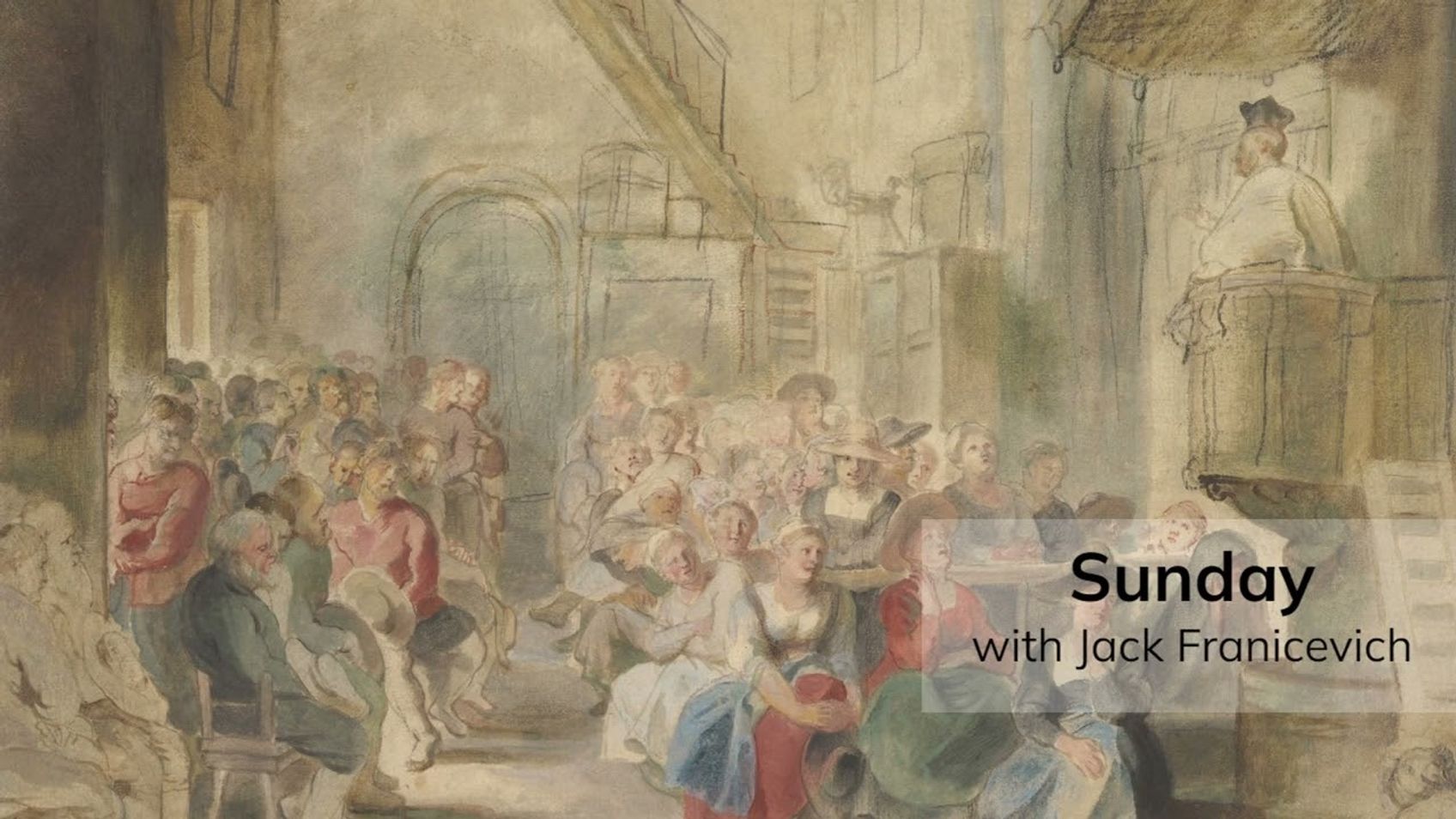Sunday (with Jack Franicevich)

Jack Franicevich, a deacon and curate at Cornerstone Valparaiso and adjunct professor of writing at Valparaiso University, joins me to discuss his new book, 'Sunday' (https://athanasiuspress.org/products/sunday-keeping-christian-time). We talk about the scriptural teaching concerning the Sabbath, and how it relates to and can inform Christian understandings of Sunday, and of time more generally.
If you have enjoyed my videos and podcasts, please tell your friends. If you are interested in supporting my videos and podcasts and my research more generally, please consider supporting my work on Patreon (https://www.patreon.com/zugzwanged), using my PayPal account (https://bit.ly/2RLaUcB), or by buying books for my research on Amazon (https://www.amazon.co.uk/hz/wishlist/ls/36WVSWCK4X33O?ref_=wl_share).
The audio of all of my videos is available on my Soundcloud account: https://soundcloud.com/alastairadversaria. You can also listen to the audio of these episodes on iTunes: https://itunes.apple.com/gb/podcast/alastairs-adversaria/id1416351035?mt=2.
More From Alastair Roberts
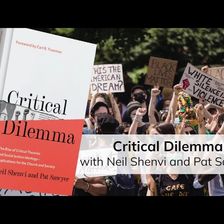

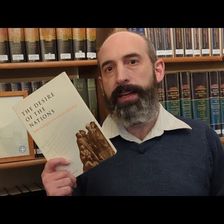

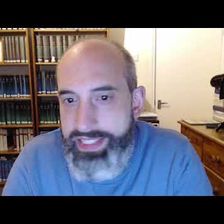
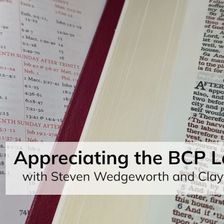
More on OpenTheo















